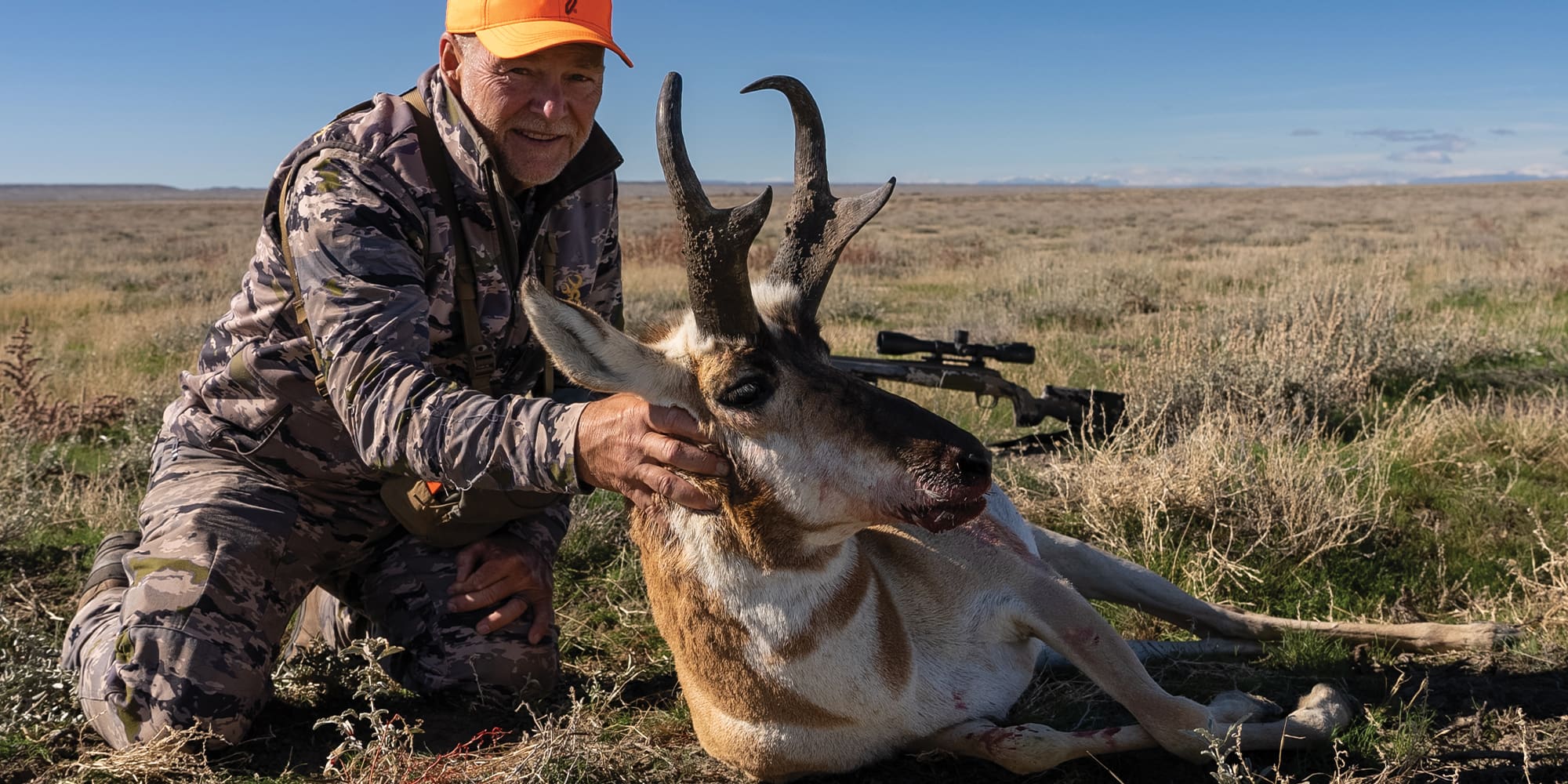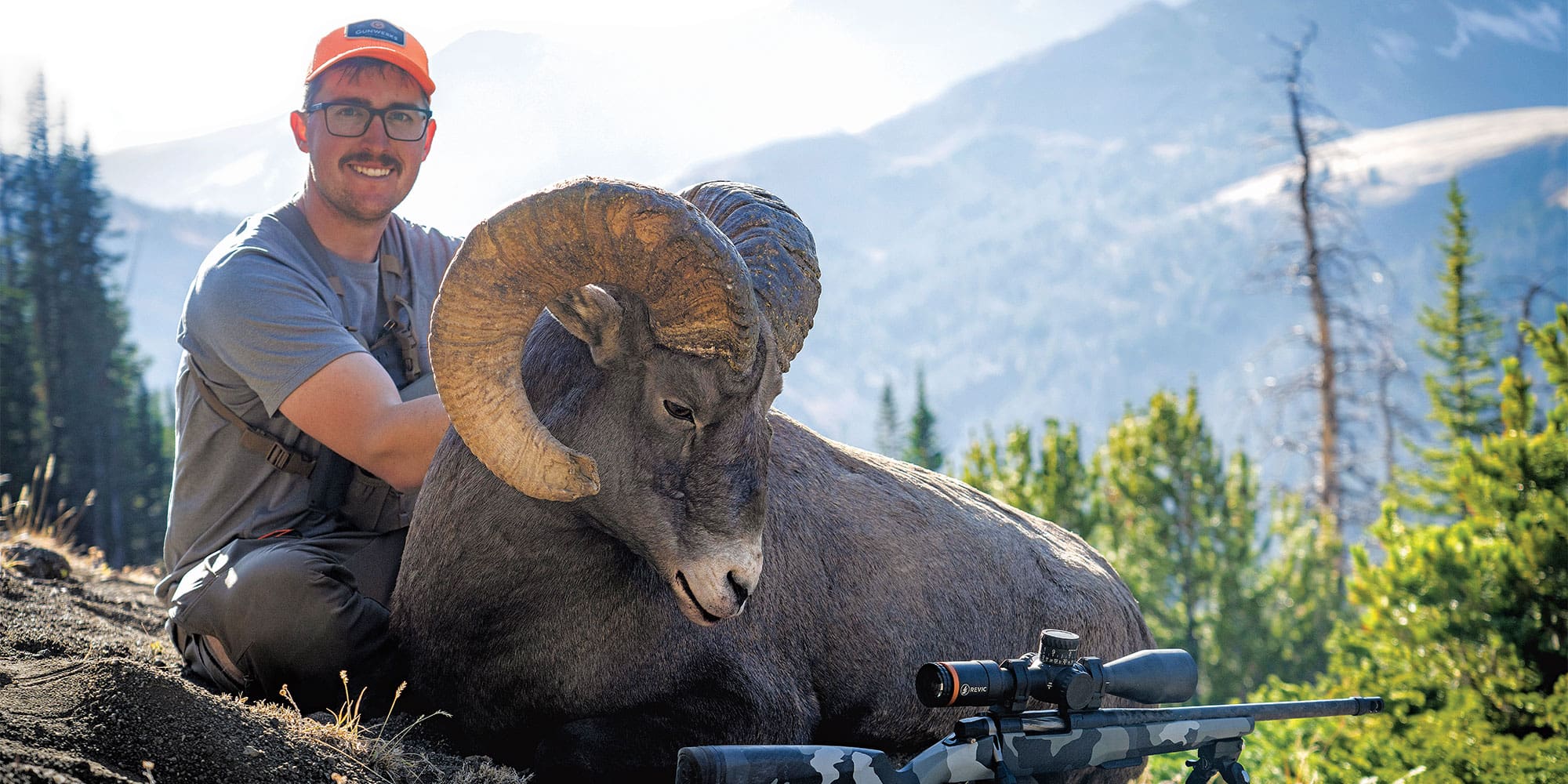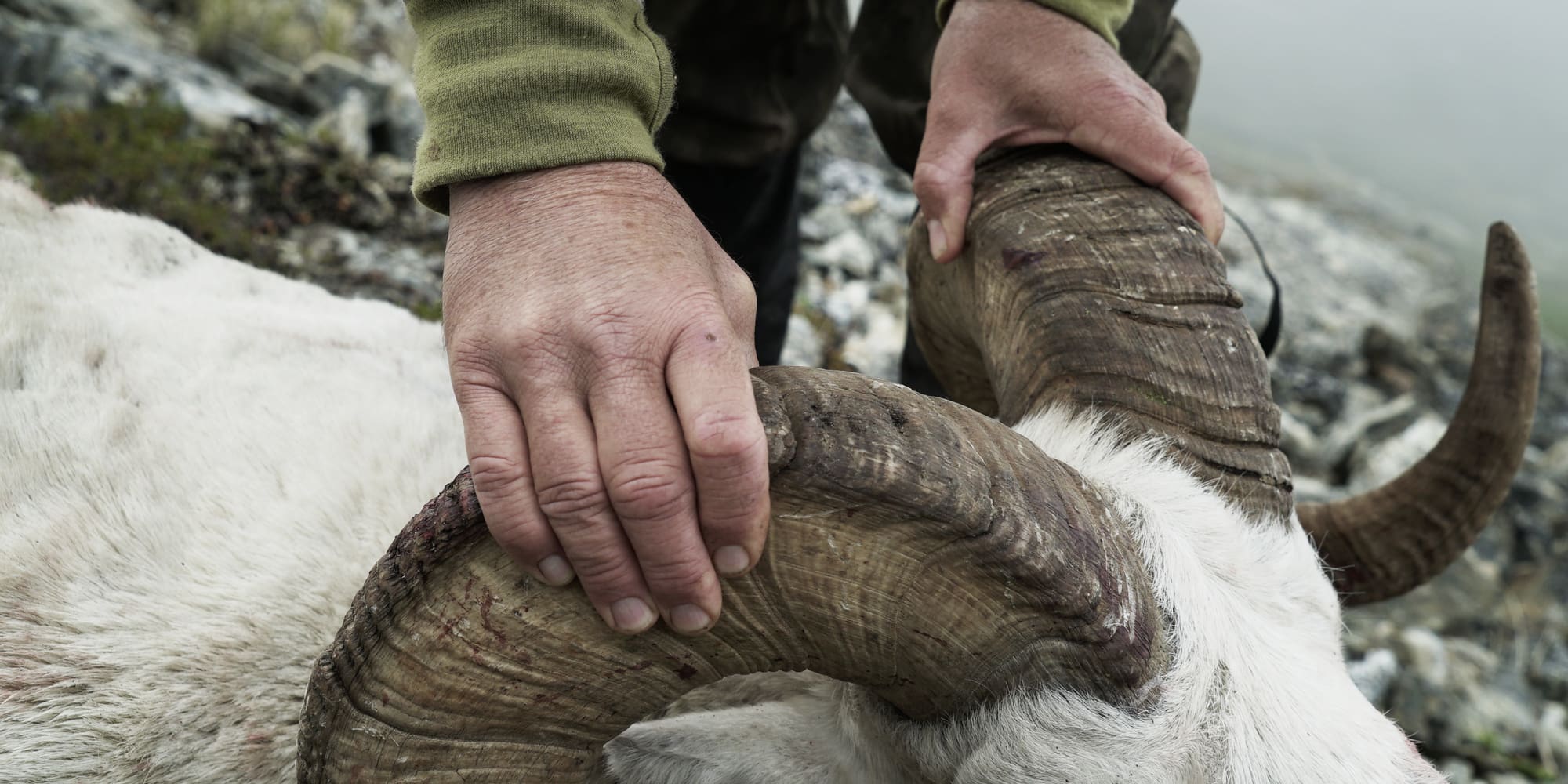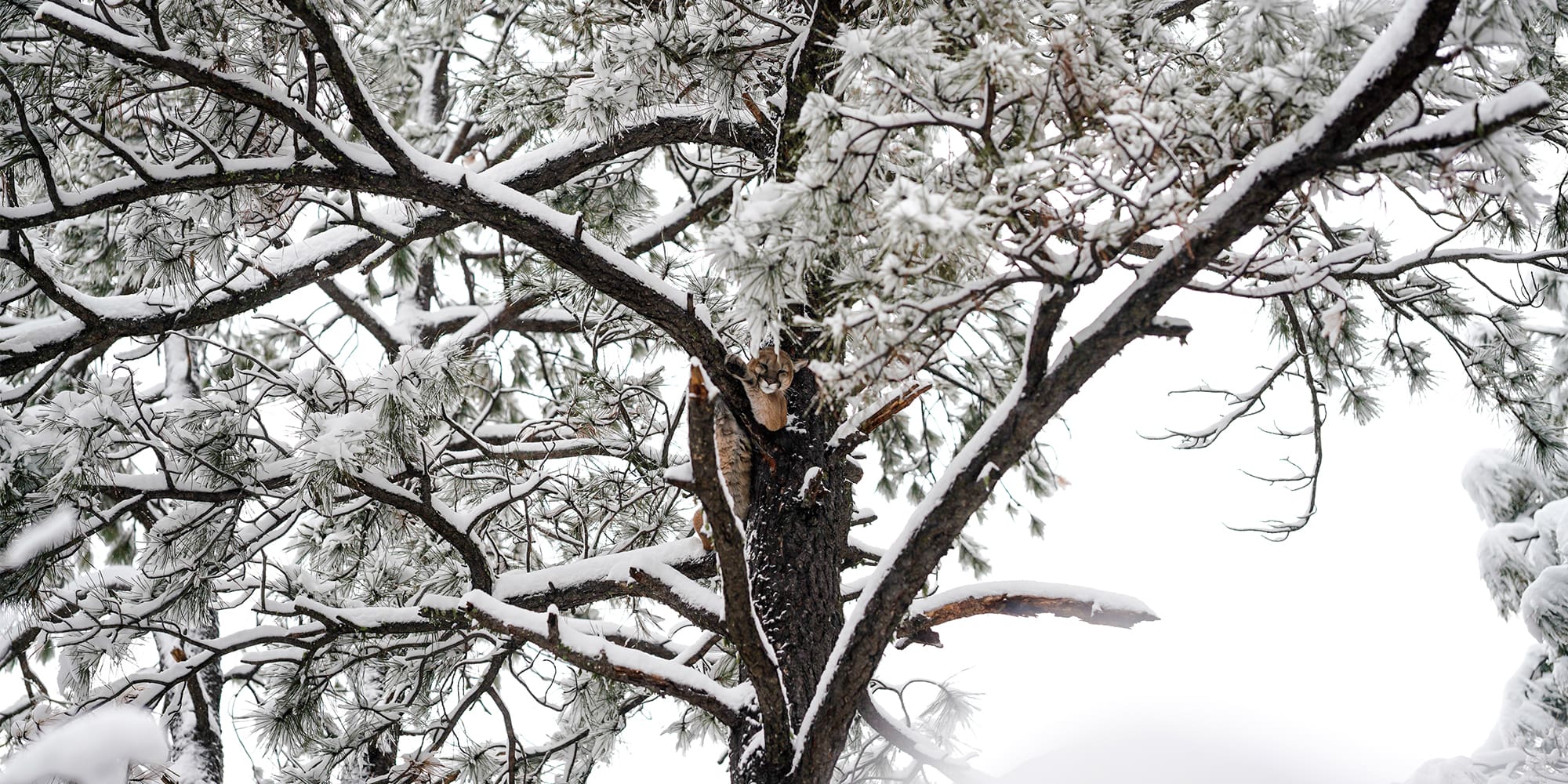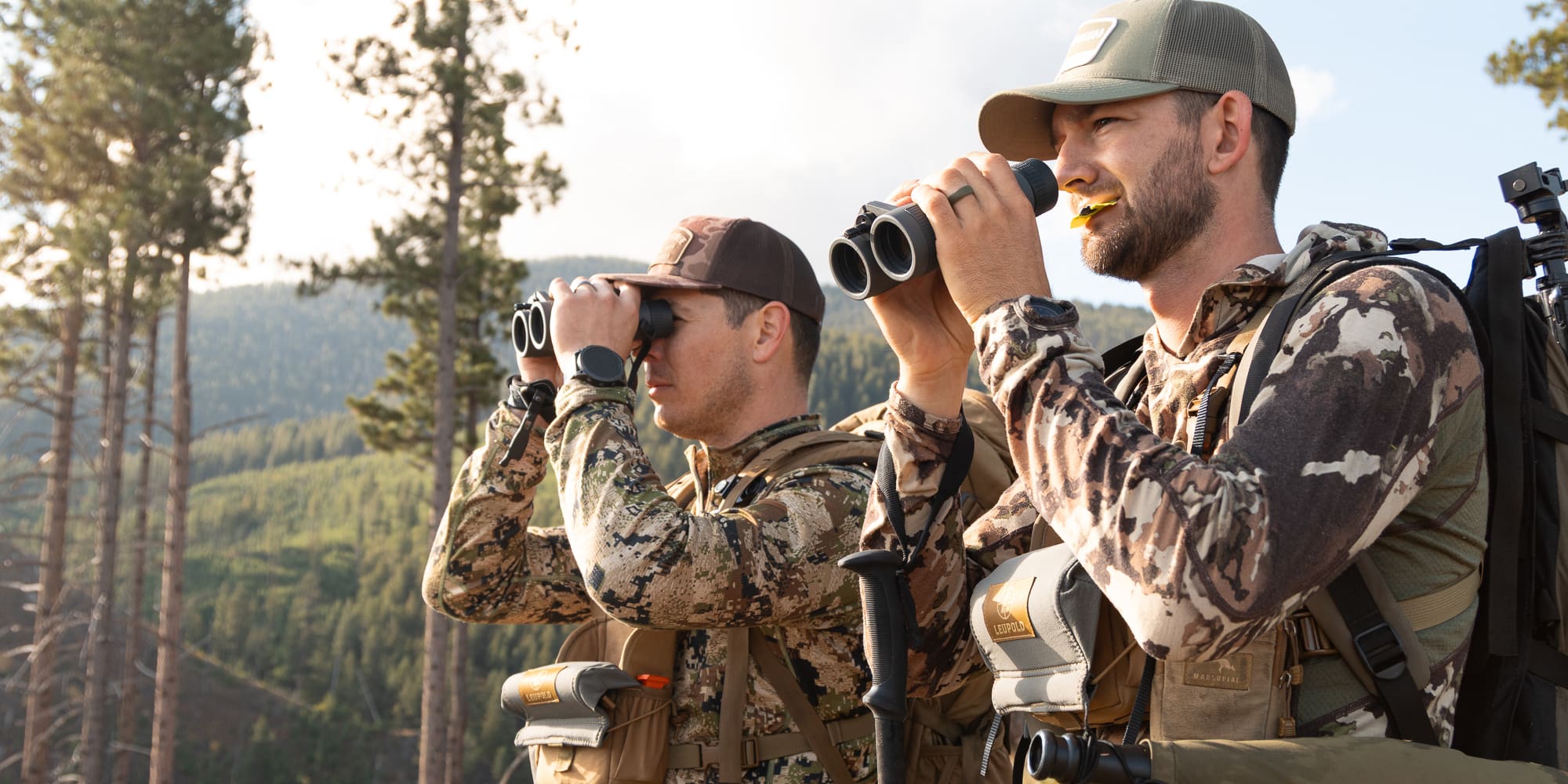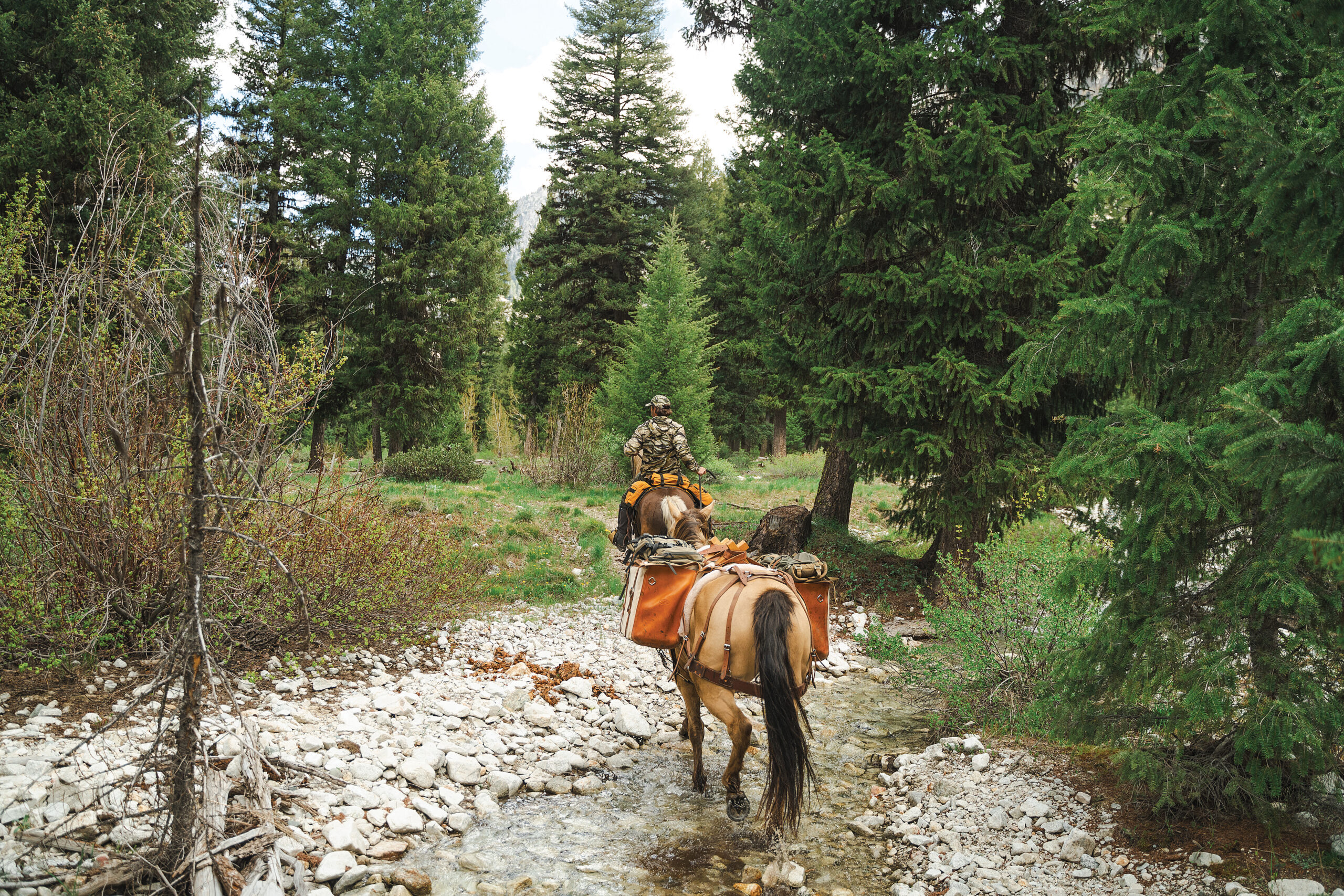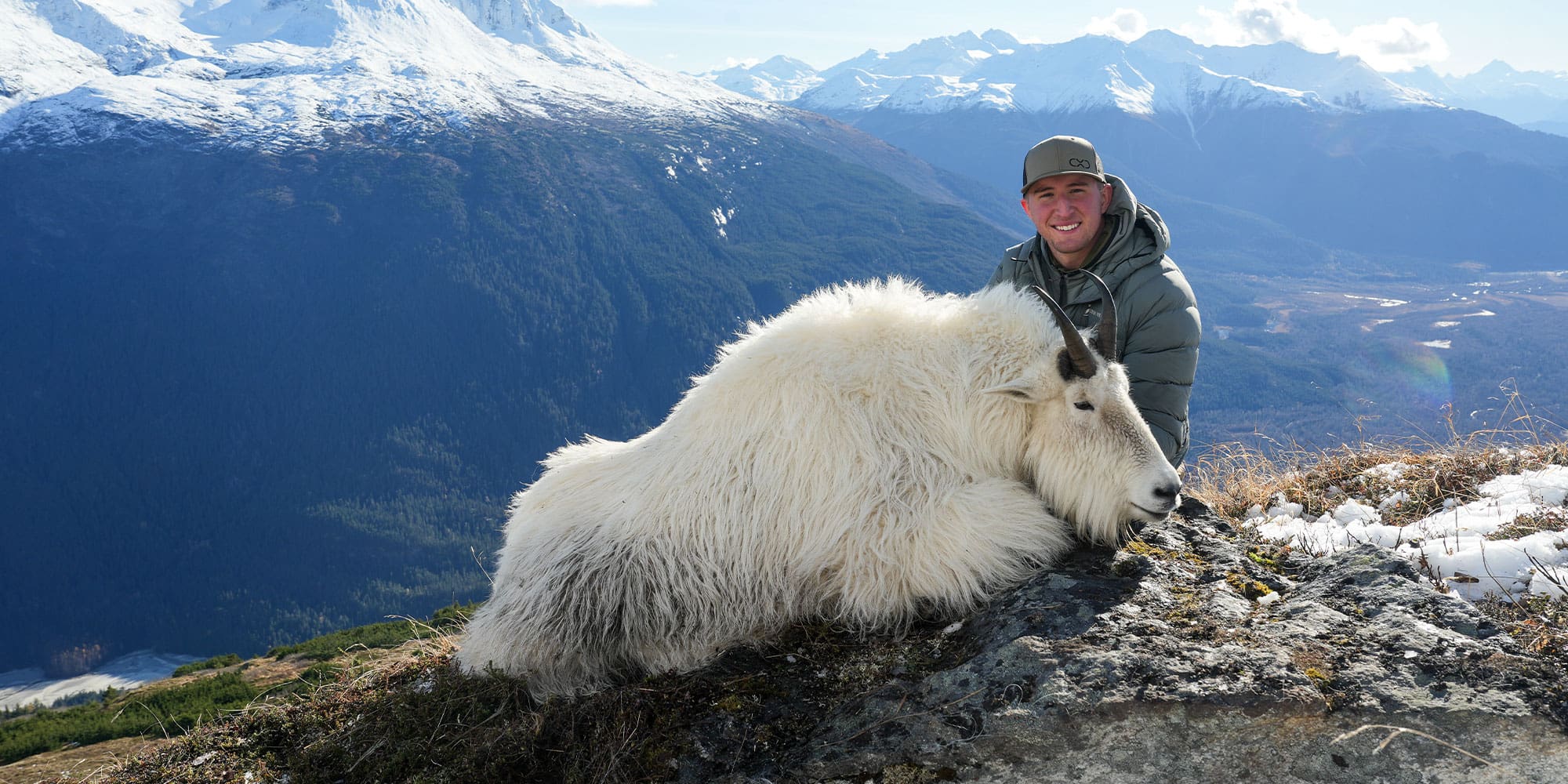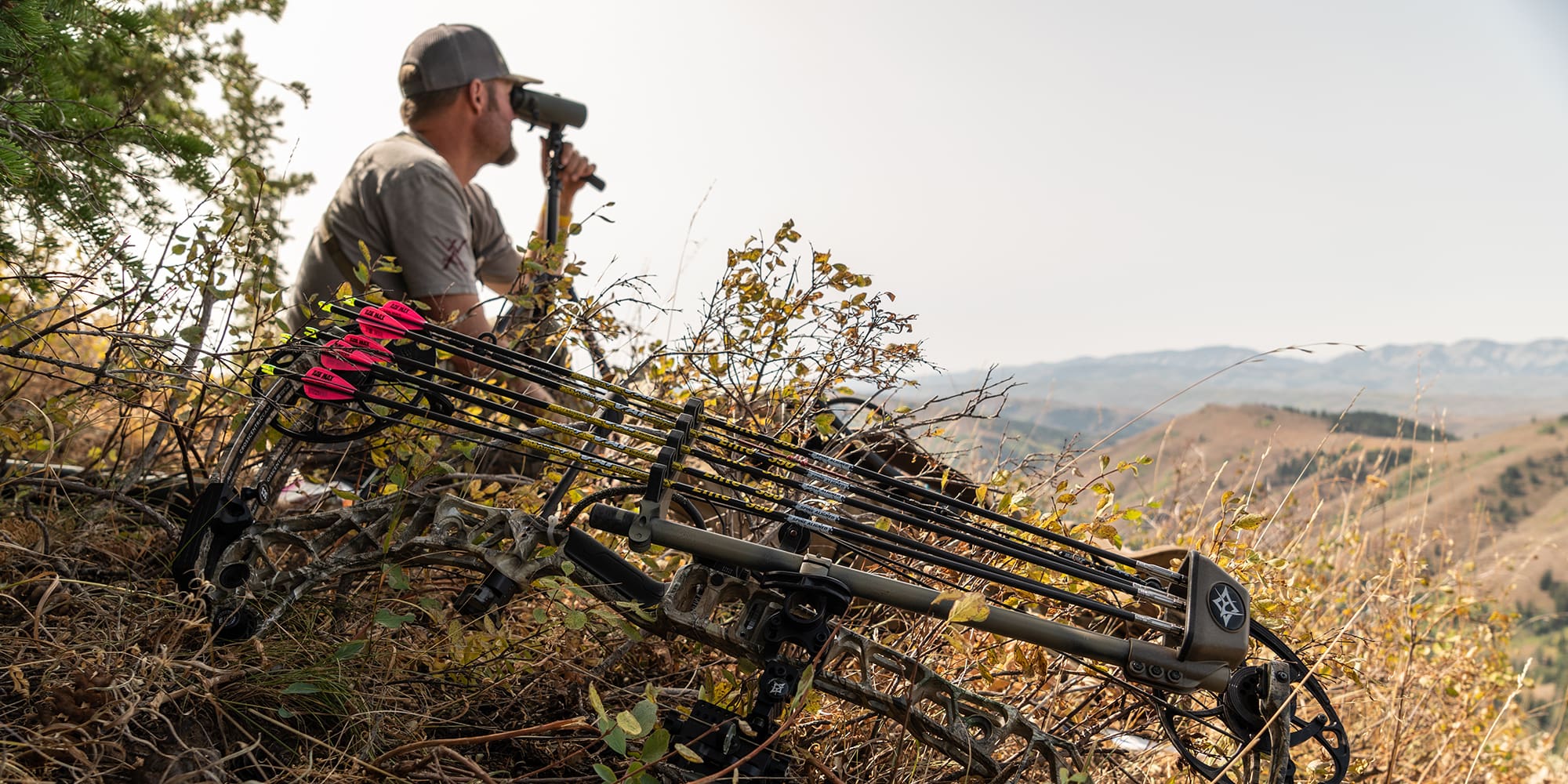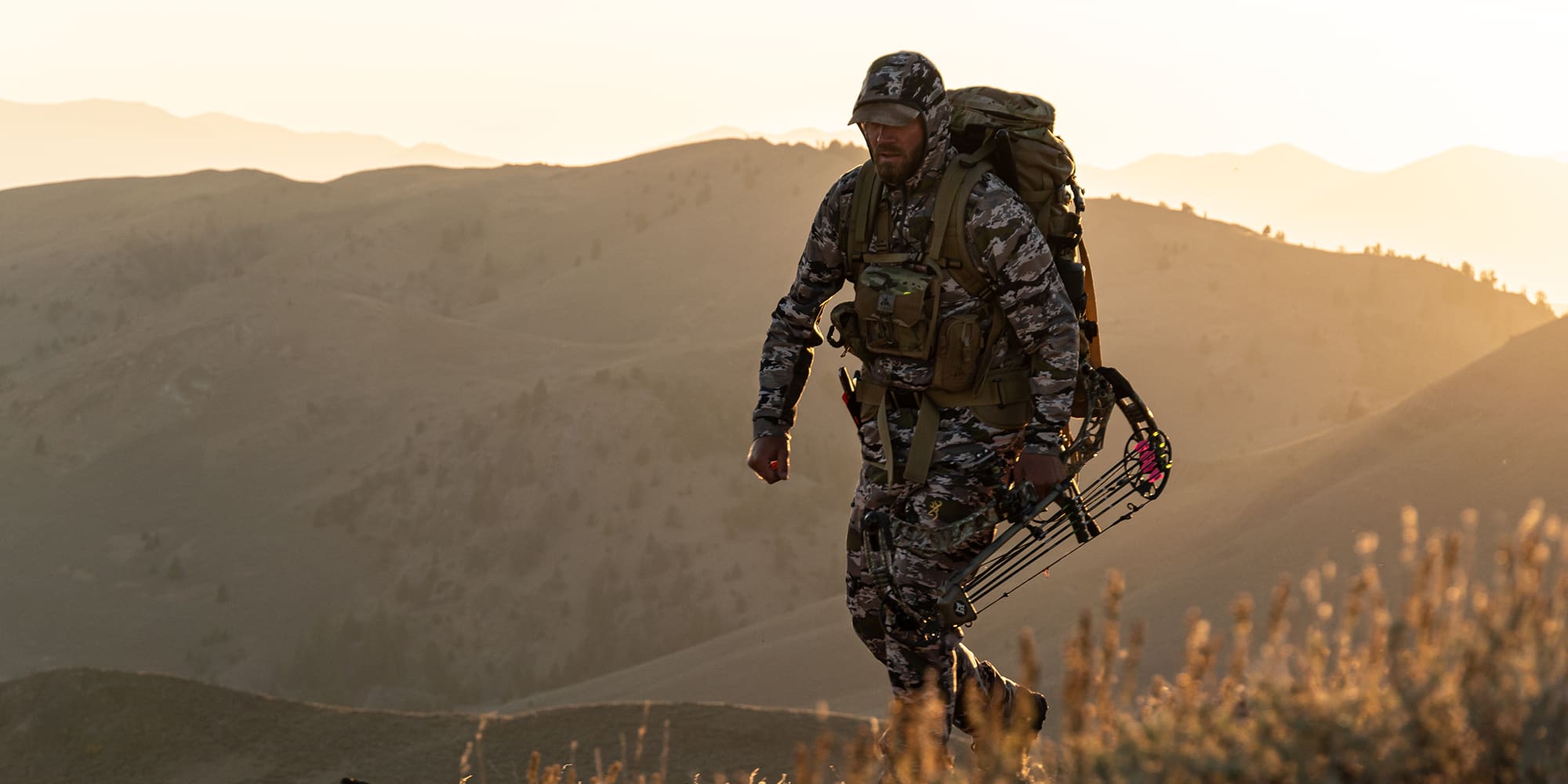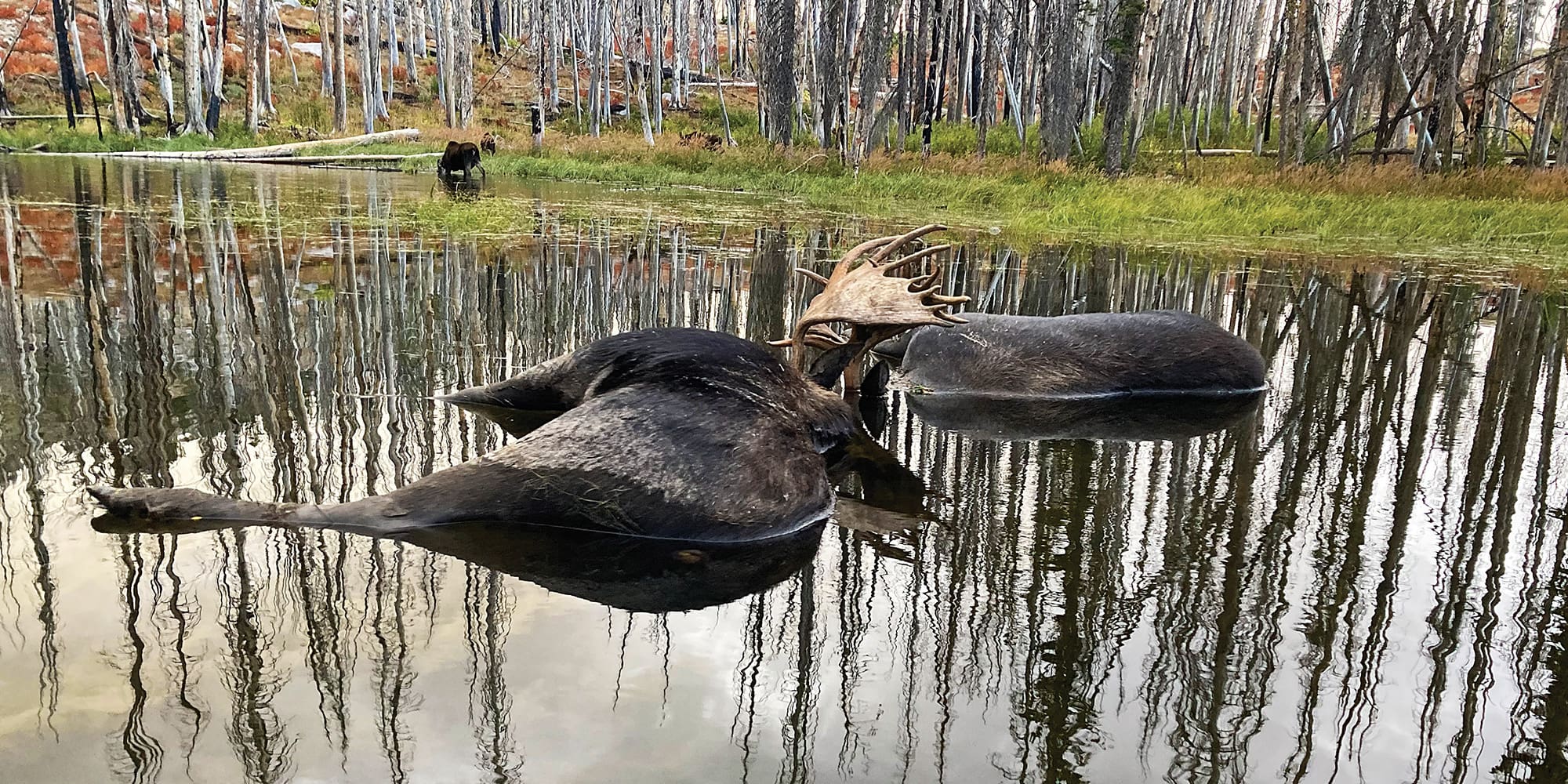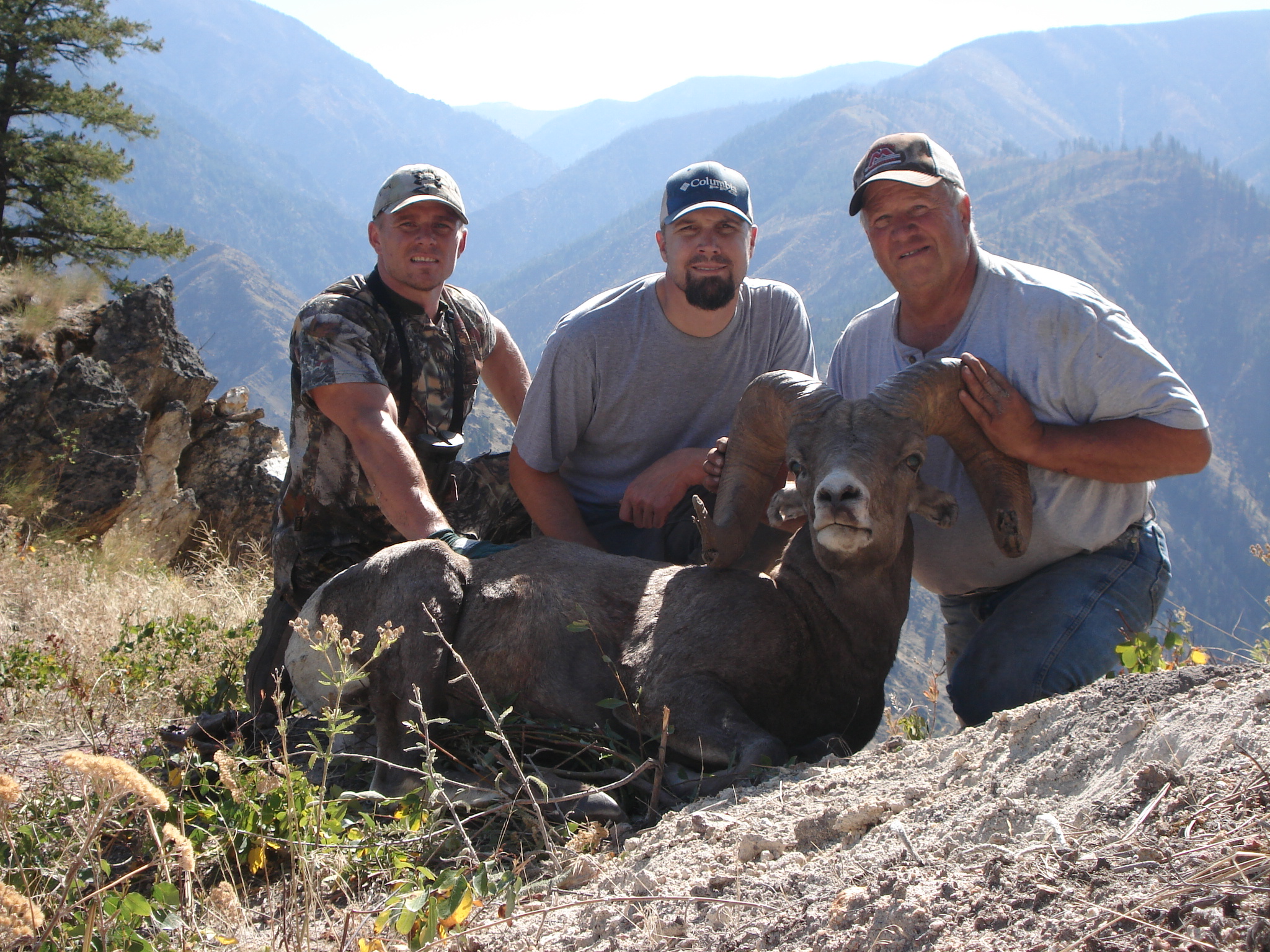
NOTICE: Certain links on this post may earn a commission for Western Hunter Magazine from Amazon or our other affiliate partners when you make a purchase. Thank you for your support.
A Long Overdue Gift
When I began putting in for a bighorn sheep tag I was 14 years younger, probably 30 pounds lighter, and a much better candidate for one of the most coveted tags the state of Idaho has to offer. As the years went by, putting in for the tag was a yearly ritual and became what seemed like a futile attempt at realizing a dream that I formed as a teenager in Grants, New Mexico. I faithfully found a front row seat in the West Theater every time a new Gordon Eastman hunting movie came out, and decided early on that a sheep hunt would be the ultimate hunting experience for me.
As my age went north of 50 and then past 60, I tried talking myself out of putting in for the sheep tag and a hunt that would test the grit of a 30-year-old, but ultimately when the deadline drew near I made a deal with myself that “this would be the last year” ...for the last five years.
One day in May a friend at work mentioned that draw results were posted on the Idaho Fish and Game website. I was in no hurry to check the post that evening. I had seen it 13 times before and speculated I would see it again: “Sorry, you were unsuccessful.” After dinner I logged on and entered the digits of my license number. The screen changed, and there it was: “Congratulations!” I re-entered my license number three more times to make sure there was no mistake. Same message. I raced up the stairs to tell my wife and grabbed the phone to call my boys. The first step in my dream had been accomplished. I then collected myself and called Josh, a forester buddy, who had recently drawn a tag and killed a sheep in the same unit I had drawn. After he finished congratulating me he signed up for the hunt, and said in a very serious tone,
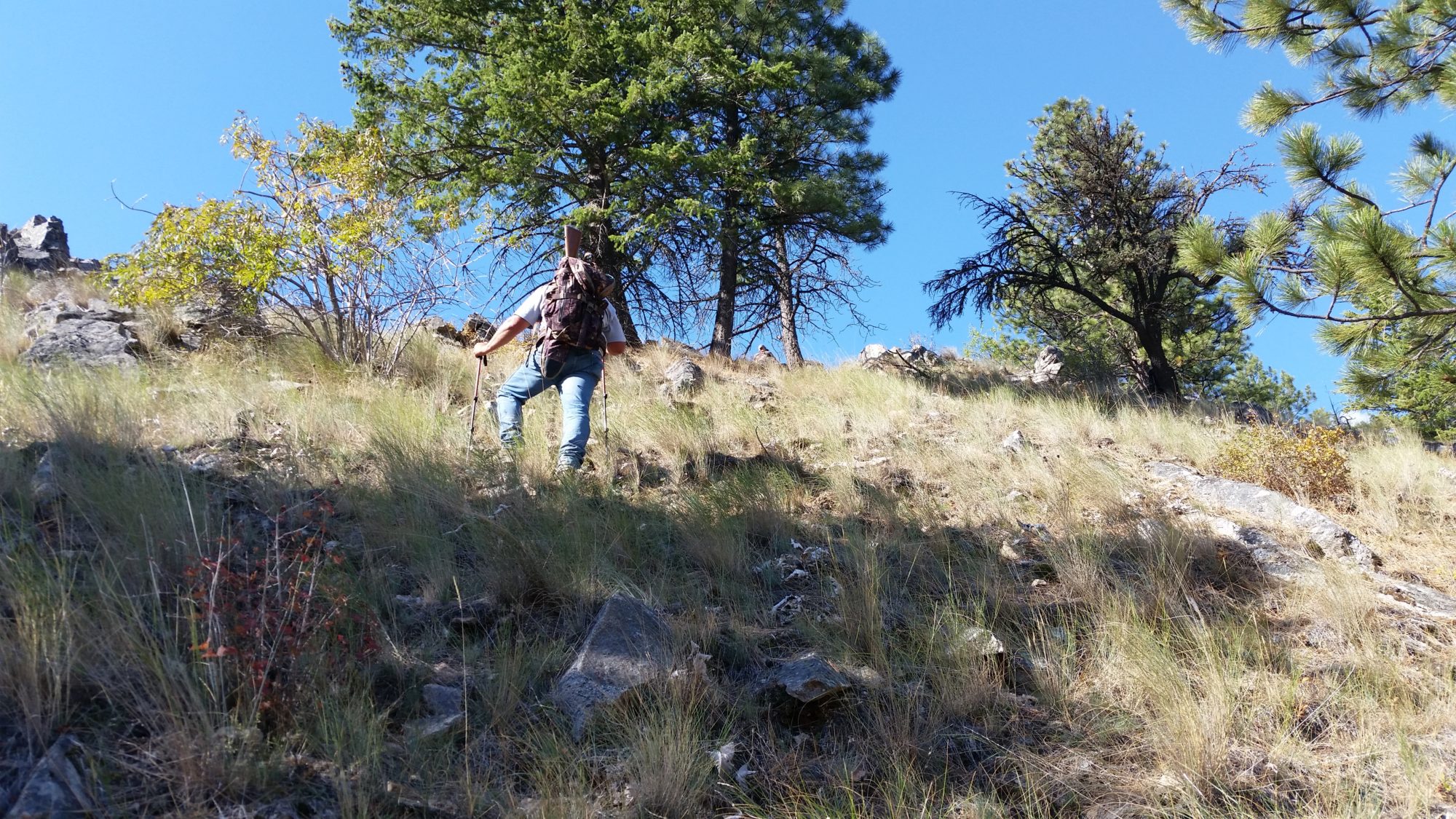
“You better get in shape.”
I began preparing physically and mentally. I started my 45 minute workout the next day with a regimen I followed faithfully for the next 12 weeks. I performed a variety of squats and exercises to strengthen my legs and improve my cardio, finishing with 30 minutes on the elliptical. I called everyone I could think of who hunted in that unit or knew anything about the access points that might get me into sheep country. I also thought about the marginal snow pack we had in the mountains due to a dry winter and knew wildfires might hamper access to an area that is vulnerable to fire almost every year.
Having never spent any time in this part of the state, I needed to do some summer scout trips to get a feel for the hiking terrain and also to get legged up in preparation for the hunt. Most of the unit was only accessible by boat, but one road led to a couple of pretty good drainages where sheep had been harvested. I soon found out that one of the limiting factors in the Salmon River country is drinking water. I went on an overnight backpack trip in July and took my shorthair pointer along for company. Big mistake, as there were no creeks or springs for him to water in, and by the time we came out on the second day and after a great deal of rationing, we had drunk every drop of water I had packed.
To my dismay, fires cropped up early last summer and one weekend scouting trip had to be cancelled due to road closures. Those early trips were not turning up any rams either. I saw ewes and young rams, which I will never get tired of seeing, but where were the old twisters I had seen in the movies? I made numerous calls to the area Fish and Game offices and conservation officers to voice my concerns about sheep tag holders being denied access and discuss the possibility of being granted an extension. They responded matter-of-factly with advice to be patient, continue scouting, and wait for the older rams to show up. I learned a great deal about sheep behavior and the history of this magnificent country through these early scouting trips, which will always be as much a part of this adventure as the hunt itself.
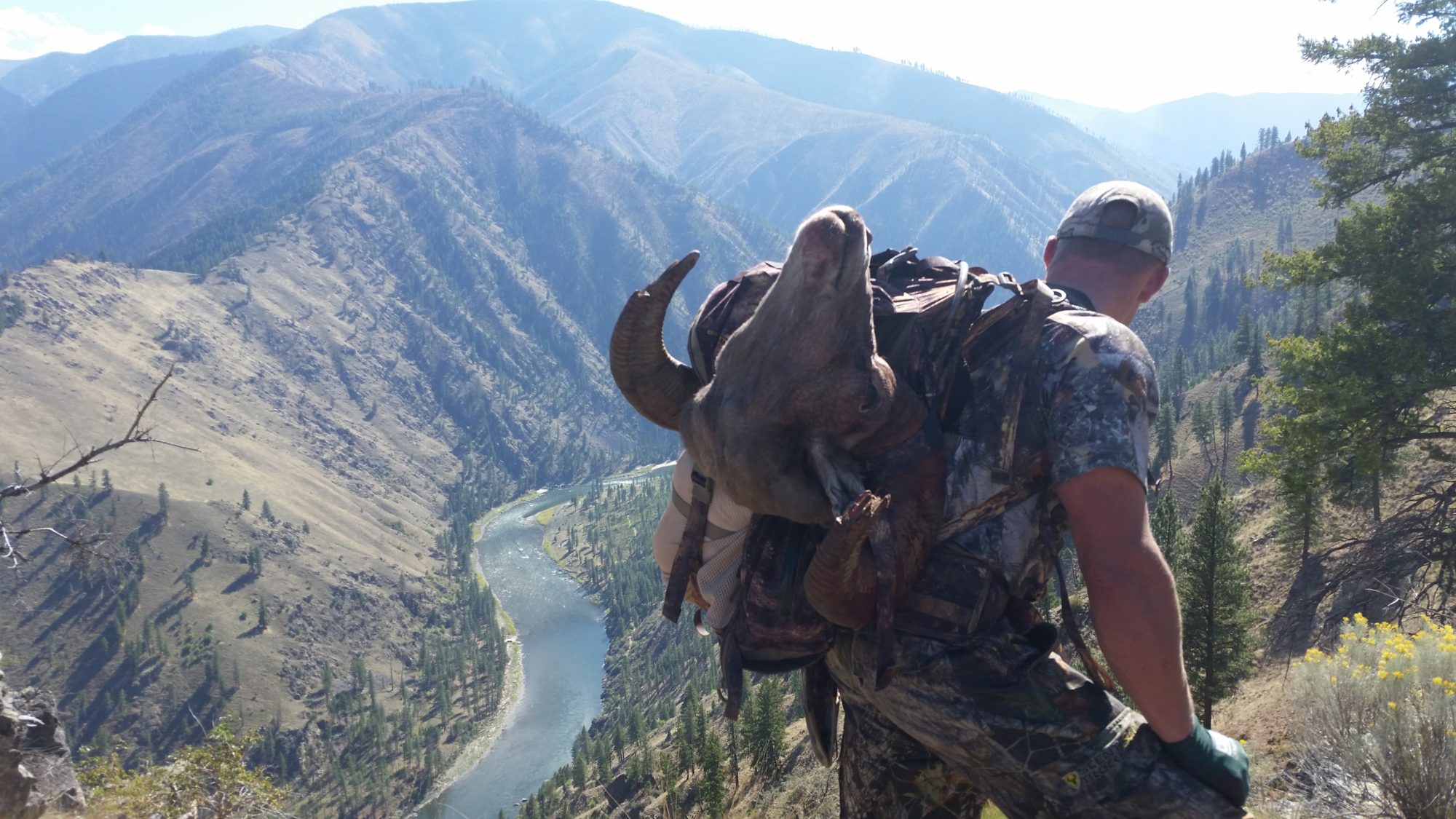
Opening weekend found all four tag holders in the same area. My worst fears had come true. Active fires required officials to close both ends of the unit. I bumped into two of the hunters on opening day, and we agreed to change our hunting plans to allow each guy limited access to the relatively small acreage available to us. One ram was taken.
My plan was to hunt alone in September on weekends in the country I could access by foot, and then in early October to hook up with an experienced Salmon River navigator for a week-long hunt. Historically low water flows limited boat travel to rubber rafts and just a couple of experienced jet boaters who risked shredding their boats on now protruding rocks seldom ever exposed, even in the driest years.
One of the tag holders whom I had become acquainted with during weekend hunts scored a brute of a ram and had it hanging in his camp as I went in to hunt one Friday in early September. I was more encouraged than ever about my chances after seeing his ram and hearing from him that the bigger sheep were venturing out of their summer nooks and beginning to make themselves a little more visible.
My son,Tyler, and my good friend, Josh, arranged to take a week off work to join me on the hunt, should the fire closure be lifted and we were allowed to go up river with Mike and his shallow water jet boat. He agreed to ferry us 12 miles upriver from a lower Salmon River boat launch before dropping us off near a large drainage in the center of the unit and then return the following weekend to haul us out.
Fortunately, the fire closure lifted and we were able to boat upriver on Friday, October 26th and set up a camp in a pretty well-known sheep drainage where we would have the next seven days to spot a ram and hopefully fulfill my dream. Mike planned to camp with us for the weekend before taking off on Sunday. We rose with the sun and boated on up through water that scarcely seemed deep enough to float a raft, much less a big boat carrying four good sized guys and their gear. We spotted many sheep the first day of the weekend but no shooters. It was not unusual to look at a hillside and see nothing and look back again briefly to find it covered with sheep, only to have them vanish like ghosts. We camped at our base camp the first night and crawled out at first light to run back up the river. While boating past a drainage that I had hunted on three prior weekend hunts, Tyler, eyes fixated on the steep hillside, said what we had been waiting to hear. “Shooter!’’ He pointed to a spot on the horizon. In a saddle a mile off the river and a mere 2,200 foot climb in elevation, there were two rams grazing on bunchgrass in a place I had glassed for hours on earlier hunts. Without much discussion, we gave Mike the nod and he nosed the boat into a sandbar. We gathered our gear and glassed the hillside again. The rams had bedded down, now almost impossible to see from where we had spotted them initially. Two minutes later and we would have probably boated right past them. We knew we had better start the climb if we were going to make it happen that day. Mike stayed on the river and we donned our packs and headed up the near vertical pitch. (I hoped all those morning workouts and weekend hikes would give me the boost I needed to get to that ram...and back.) For two and a half hours we hiked steadily toward the saddle, but we had no way of knowing if the two rams had left or were still bedded down where we had last seen them. Tyler was the first one to the top and signaled that he could still see them. I shed my pack and made my way the last 200 yards up the ridge to where I could see the two rams bedded under the pine tree we had seen them under from the river. After positioning ourselves behind a group of pine trees and watching them for 45 minutes, the bigger of the two rams suddenly jumped up, and for some unknown reason, ran directly towards us. He stopped at 170 yards and gave me a good broadside target.
At 11:30 Sunday morning Tyler sent a message from his SPOT to his wife: “Animal down.”
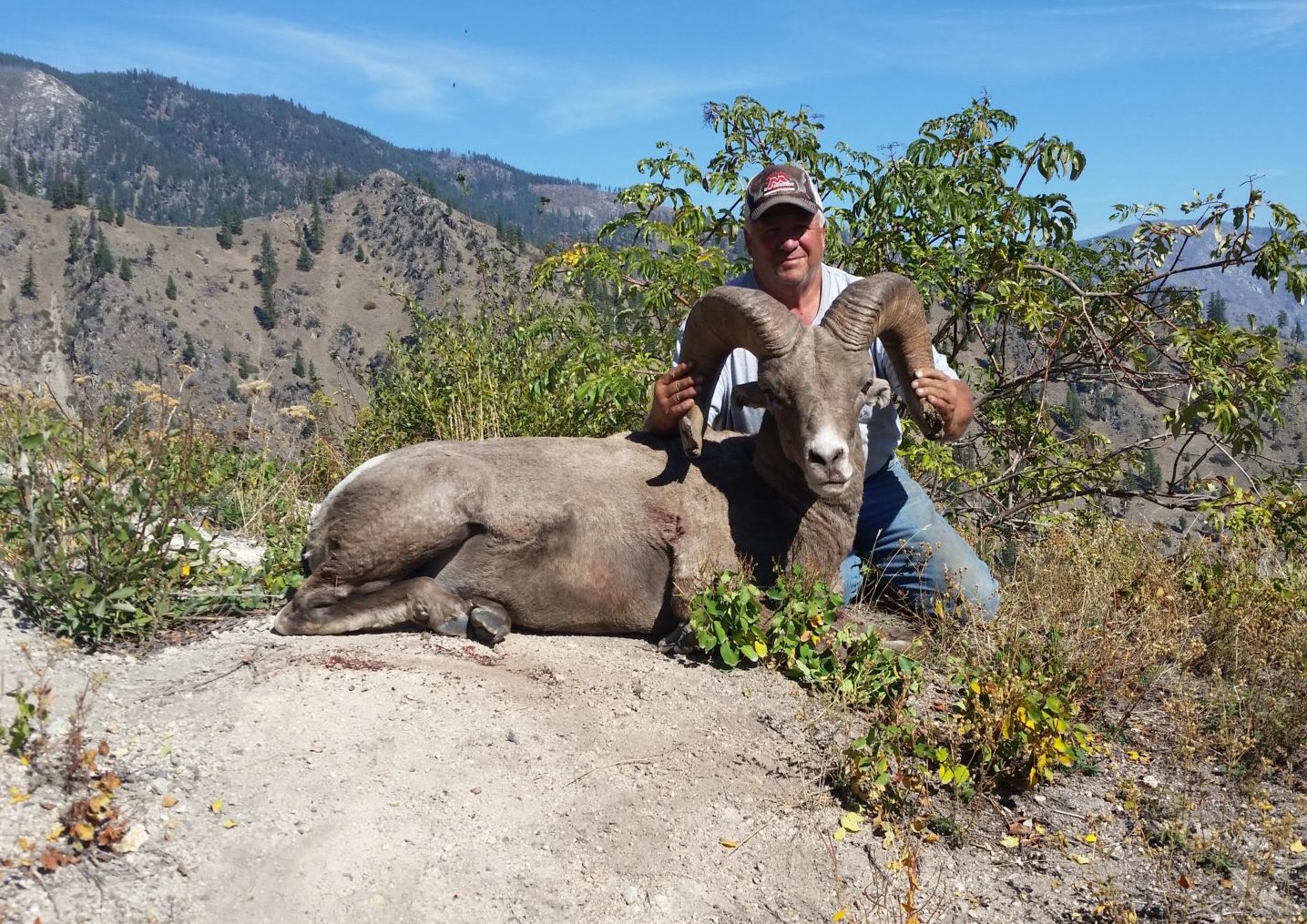
Putting my hands around those heavy horn bases was the ultimate experience in my hunting resume, and to do it with my son and good friends made it all the more special. Sheep are not the hardest game animal to harvest; they don’t continually test the wind like a whitetail or bull elk. They see hunters, but many times are not alarmed. The country they occupy is what makes hunting them uniquely special. It is steep, dry, and both physically and mentally challenging. I will never forget this once-in-a-lifetime quest for a bighorn sheep that started last May with the right message on the Fish and Game website.
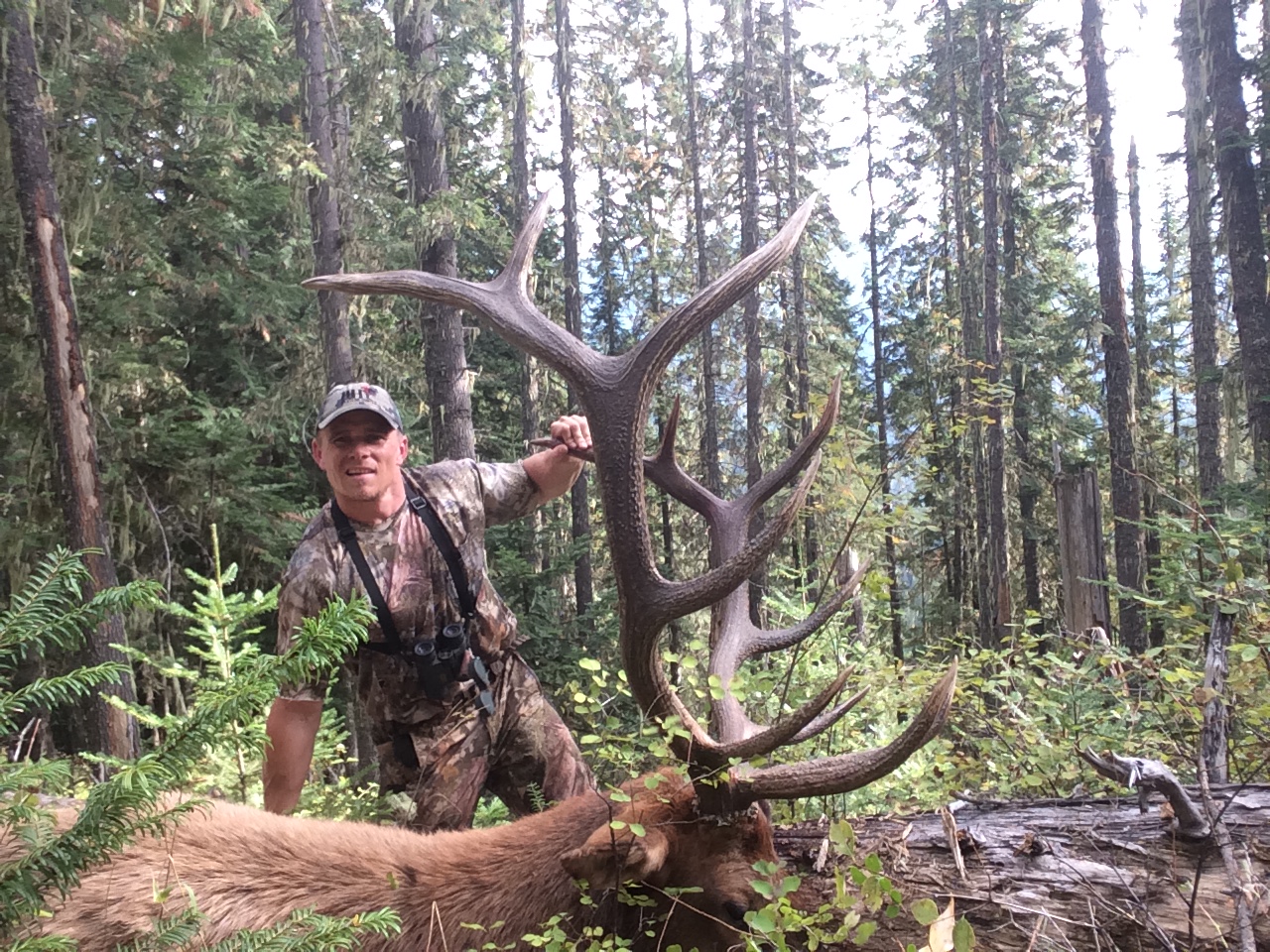
We finished our hunt early and were able to get Tyler a day of bow hunting, which he had sacrificed to join me on my sheep hunt. Two days after packing sheep off the Salmon River breaks, we were packing a 6x6 bull elk off another Idaho hillside. Definitely a fall to remember.


